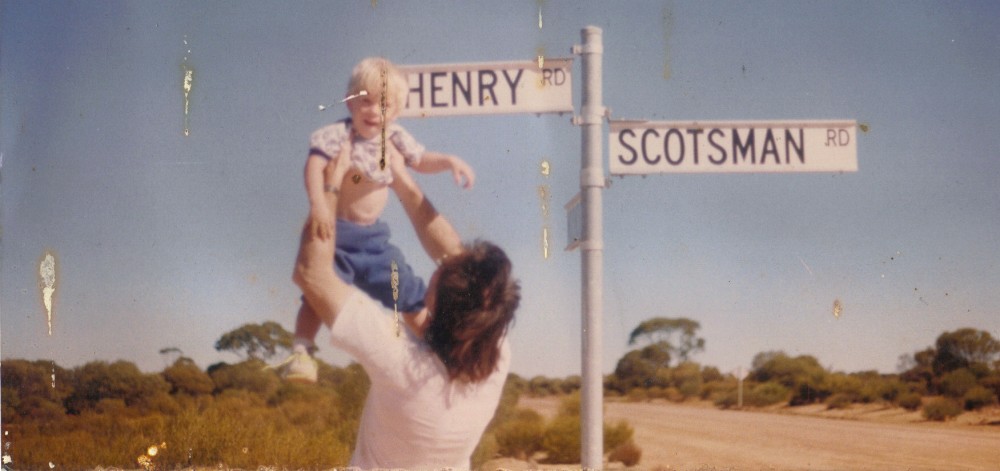Having canvassed the narrative so that we have a full understanding of its importance and place in the song, it’s probably safe to peer out at how the approach to narrative differs from that employed in other media.
Let’s consider the ‘horror budget’ in general. If we were writing a mini-series and wanted it to be current and up-to-date then a good approach would be to take some of the things particular to things as they are in 2014. My pitch would include a father, Geoff, who is an assembly line worker at Holden; his wife, Sheryn, is a pragmatic climate change sceptic. She doesn’t pretend to know the science or have a reason to refute it on an empirical level but she is concerned about the rising energy costs and believed the promise that scrapping the “carbon tax” would bring down power bills and costs passed on by affected companies in a range of fields. They have a son, Marcus, who hates his boss but is worried about the six months waiting period if he quits and is aghast at the prospect of writing forty job applications a month and being thrown onto a ‘work for the dole’ scheme. There is interaction with a neighbour, Phat Lam, who was given a temporary humanitarian visa due to his involvement with the Tianemen Square protests and was allowed to stay.
Now, as you can see, apart from delineating characters who will exemplify certain key dramatic aspects of contemporary Australian life, the approach is built on the use of characters. This is because we want the audience to identify with them and be interested in following them. It means that actors will sign on, knowing that there is substance to their roles where their appearance in a more plot-driven vehicle may be more fleeting.
In a movie you would probably want more of a blend in of some story situation or development. The focus may shift to a smaller cast engaged in greater activity and less exposition.
A short story would typically want to centre on one activity or sharp burst; there could be a dramatic event at the car manufacturers, a sudden a-ha moment in the realisation that prices weren’t really going to go down, or an altercation involving Marcus. The aspects of other characters might be touched on lightly if at all.
II
Can a song not take the same approach as other media in developing a narrative? It can actually. Just as plays are made into films and novels are made into musicals, it is possible to tell a story in a different medium, acknowledging and accepting the changes. The styles that spring from Springsteen prove songs can tell dramatic stories about a small cast of characters and place us in a setting. Whether you’d use this for Geoff, Sheryn and Marcus (toying with adding a daughter, Nola, who is a swotty year 12 with an enthusiasm for microbiology but concerned about what it would cost with no caps on fees) is another matter. I’d maintain that even when we’re speaking of Lightning’s Child, Farmer John, the Son of a Preacher Man, Son of Hickory Holler’s Tramp, the Eyes of Lucy Jordan… there’s a narrowing of focus in much the same way as there can be in poetry and vignettes. There are songwriters who can work a crowded room but there’s some skill involved and it does dictate the structure and possibly the genre. So songs in the same cast as a mini-series are going to be less our focus.
III
How would songs based on the horror budget more naturally evolve?
Auto manufacture
We used to make it up as we go along
Revelling in the rivetting although the hours were long
Automanufacture
We plumped the seats
Engaged in feats that the world would watch
Designing the body weilding the welding torch
Automanufacture
It was our roads that drove us on
Where we could get to and how we belong
Take the we'll always remember
Automanufacture
factoring in
Great Big New Attacks
Threats and debts of our design
The fears this year cannot confine
The hiving off of heave and ho
The skiving and the to and fro
There’s great big new attacks
great big new attacks
The lies disguise what we despise
A reckoning we can recognise
A tut tut for reverse tracks
What it was we ever lacked
What’s yours we’ll mine
You’ll get your share sure
philistine
Not while there’s great big new
Attacks
